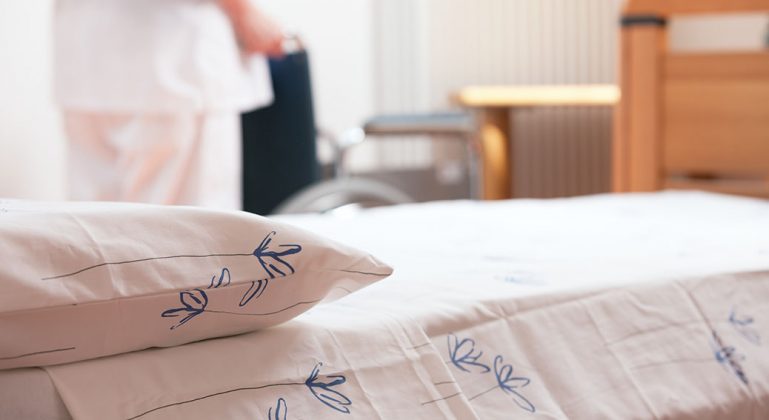As reported last week in the SDAHO article titled Skilled Nursing Facility Healthcare-Associated Infections Measure, the Centers for Medicare and Medicaid Services (CMS) is pushing forward to include a new measure. To assist with understanding performance, CMS recently added confidential Dry Run Reports for the Skilled Nursing Facility (SNF) Healthcare-Associated Infections (HAI) Requiring Hospitalizations measure to the facility’s Certification and Survey Provider Enhanced Reports (CASPER) shared folder. These reports have fiscal year 2018 and 2019 performance scores based on draft measure specifications.
The purpose of these confidential Dry Run Reports is to allow SNFs to become familiar with this measure and to inform them of their performance in comparison to their peers. It is important to recognize that HAIs in SNFs are not considered “never-events.” The goal of this risk-adjusted measure is to identify SNFs that have notably higher rates of HAIs and to statistically distinguish between SNFs that are either better than or worse than their peers in infection prevention and in infection management. SNFs may choose to incorporate this measure into their internal quality assurance activities to improve patient outcomes. Review and use of this measure information is strictly voluntary. For more information read the September 28 update on the Spotlight and Announcements webpage for more information.




